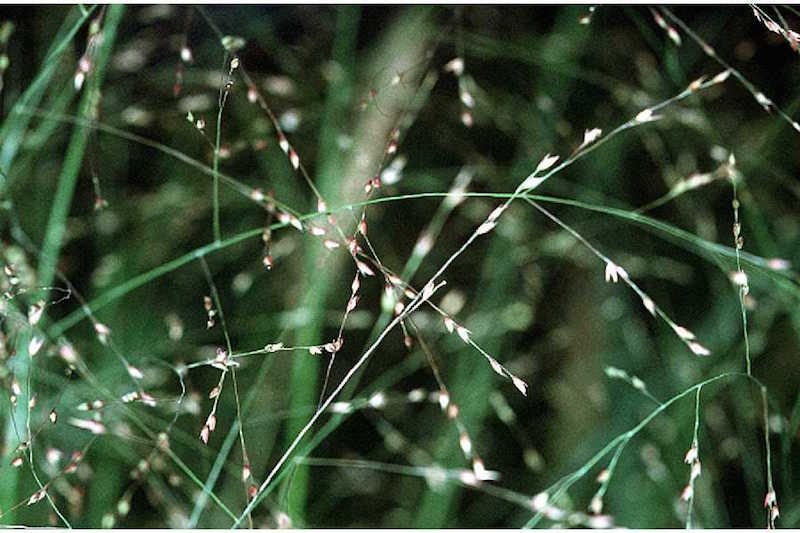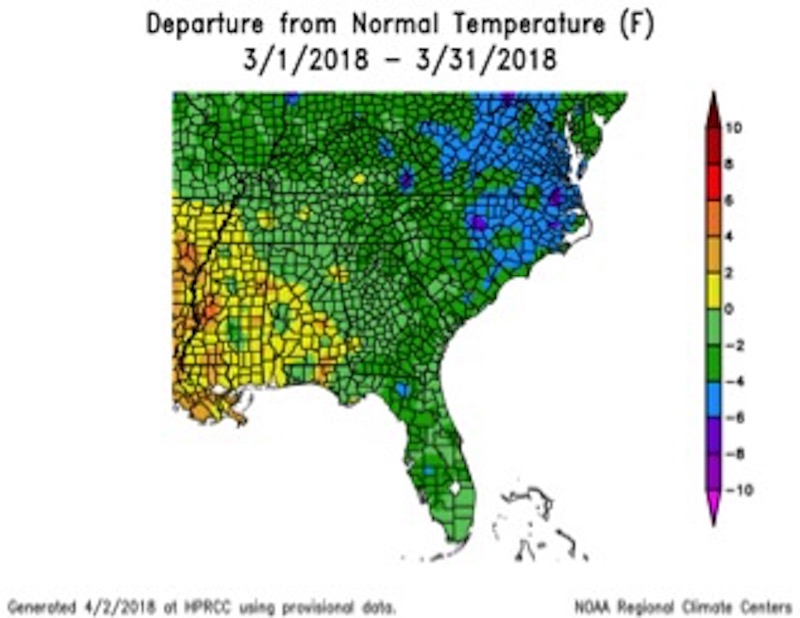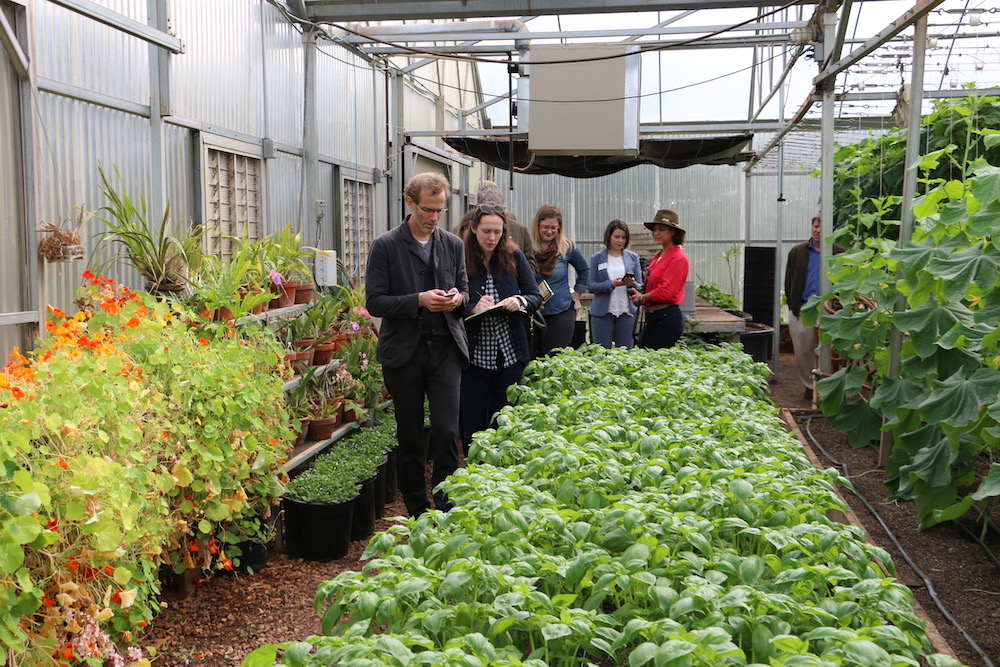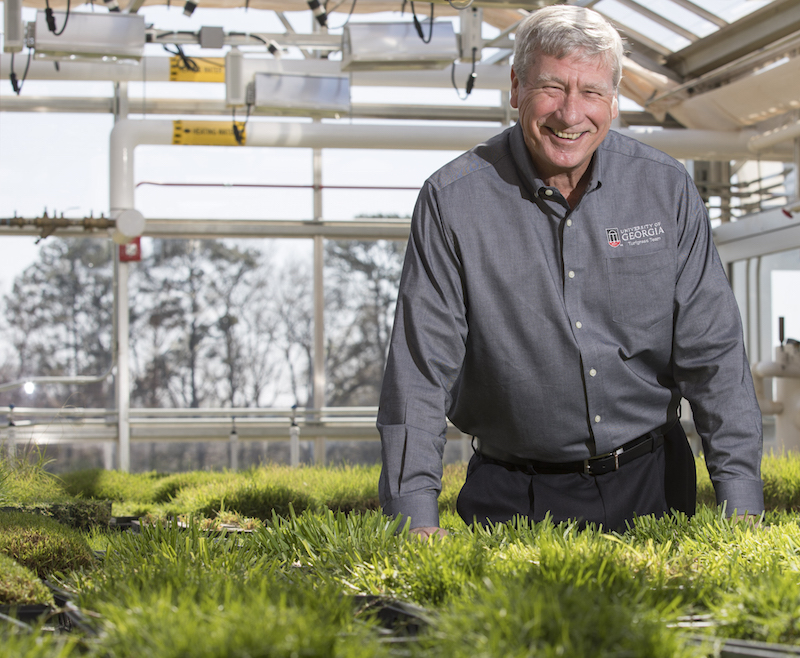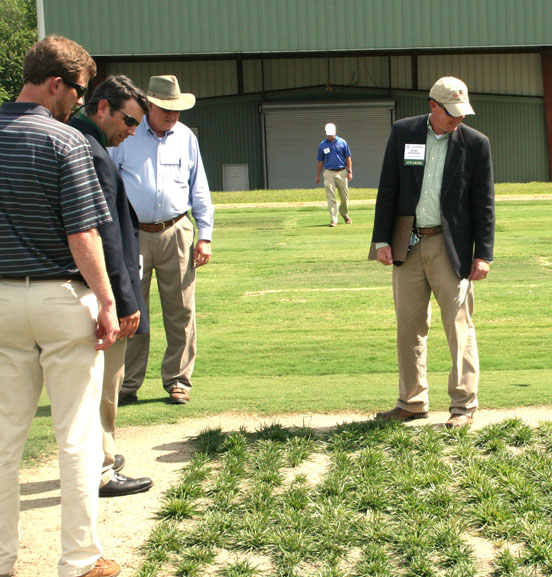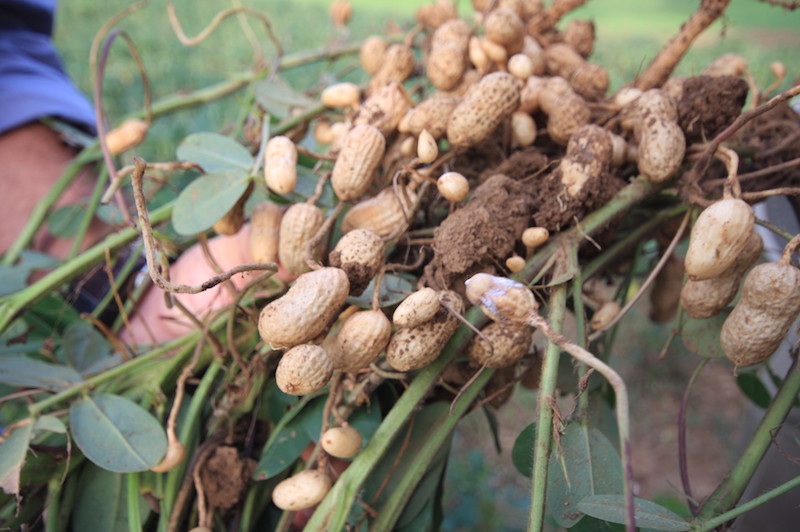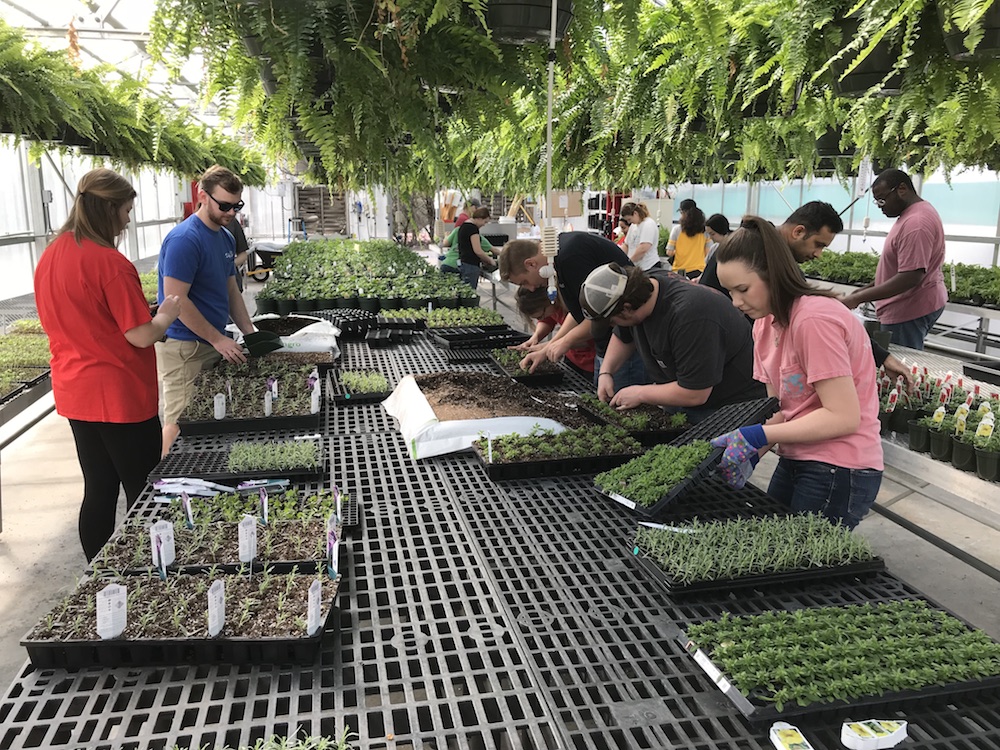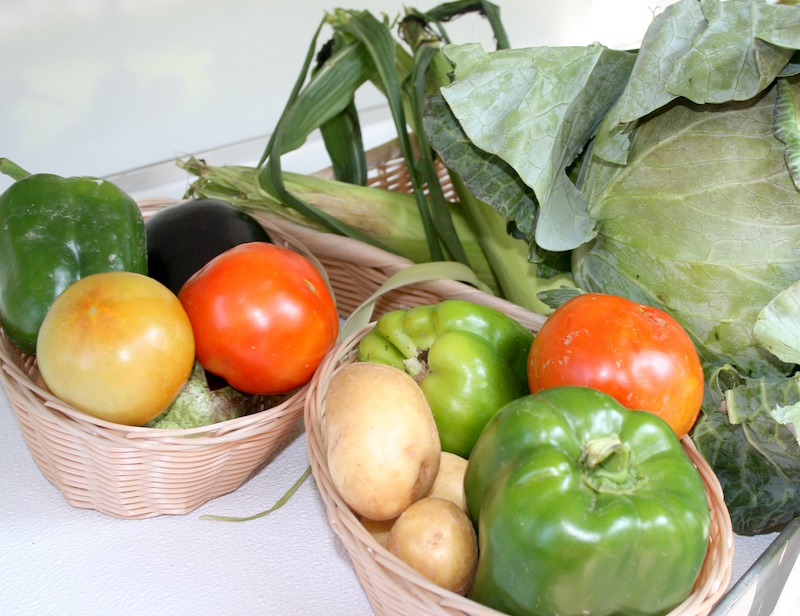 CAES News
CAES News
Gardening Series
University of Georgia Cooperative Extension will offer a six-week “Gardening in the South” short course on Saturdays from April 21 until May 26 at the Coastal Georgia Botanical Garden (CGBG) at the Historic Bamboo Farm in Savannah, Georgia.

